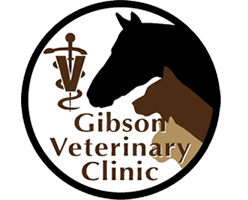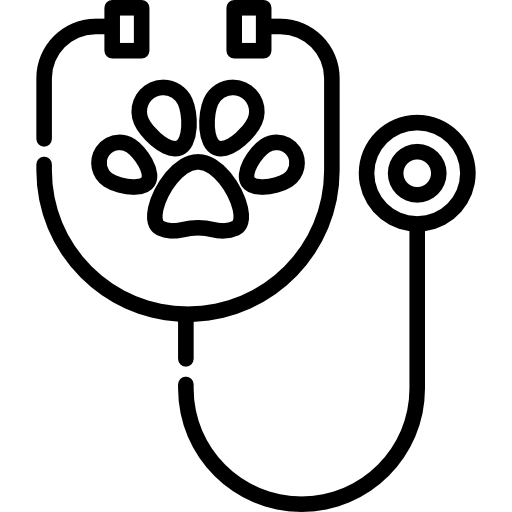Wellness
Wellness Pet Care Across All Stages of Life
Longevity, vigor, a playful demeanor, and positive behavior–all these factors combine to create the concept of wellness pet care. Wellness covers every aspect of life from nutrition to the human–animal bond and the Gibson Veterinary Clinic supports this all-inclusive approach to veterinary care.
We offer a comprehensive wellness care plan that includes:
- Vaccinations
- Parasite control
- Wellness exams
- Spaying and neutering
- Pain management
- Alternative veterinary care
- Chronic disease management
- Nutrition and exercise
- Behavioral counseling
- Life stage care including Hospice




Preventive Care With Pet Vaccinations
Vaccinations and preventive care can keep your animal healthy and happy. We recommend vaccinations for your pet on an individual basis, taking into consideration the age, type, breed, lifestyle, and travel habits of your companion animal, as well as your needs and plans. At the Gibson Veterinary Clinic, we work with you to tailor a unique pet vaccination program that incorporates all of these factors and will give your animal companions optimum protection from disease. You may be familiar with these typical canine and feline diseases, all requiring preventive vaccines:
- Distemper is a highly contagious disease caused by a virus similar to measles in humans. Worldwide, it is the leading cause of infectious disease deaths in pets.
- Canine Parvovirus is a highly contagious disease that primarily affects the gastrointestinal tract, especially in puppies.
- Canine leptospirosis, transmitted via bacteria in the urine of various animals, contaminates water sources and soil, with rats, pigs, raccoons, and other wildlife being major carriers.
- Feline panleukopenia, or feline infectious enteritis, is a major cause of kitten mortality, distinct from the canine distemper virus.
- Feline leukemia (FeLV), a retrovirus, isn't universally vaccinated. Indoor cats with prior testing and minimal exposure to other cats, especially outdoors, might not require this vaccine.
- Rabies is a dangerous, highly contagious, and deadly disease, with vaccination protocols governed by law in most states.
- Heartworm, spread by mosquitoes, is prevalent across the US, especially in mosquito-rich areas, causing severe heart damage primarily in dogs. Preventive measures year-round are recommended by the American Heartworm Society for both dogs and cats.
- For information about pet vaccines, view the American Animal Hospital Association website for Canine and Feline.
Canine Vaccines
- Distemper, Adenovirus (hepatitis), Leptospirosis, and Parvovirus (DA2LP)–annually
- Rabies–annually or every 3 years, depending on which vaccine is used
- Bordetella (kennel cough) & Parainfluenza–every 6-12 months, as needed based on requirements of kennel or other high-exposure environments
We also perform annual heartworm testing and parasite prevention with ProHeart, Sentinel Spectrum or Tri-Heart.


Feline Vaccines
- Feline distemper and upper respiratory (FVRCP)–annually
- Rabies–annually or every 3 years, depending on which vaccine is used
- Feline leukemia (FeLv)–annually, as needed if your cat goes outdoors or is exposed to outdoor cats
We recommend monthly parasite prevention. Vaccine schedules are to be used as a basic guideline, but each animal will be evaluated for its own specific needs. Discuss any questions or concerns you may have with us at your next visit.
Internal Parasites
We recommend the following effective measures for prevention of internal parasite infestations in pets:
- Deworm pets at the first veterinary visit, following veterinary guidelines.
- Perform a fecal analysis on any new pet.
- Deworm all pets annually, or more often if environmental factors indicate need.
- Use good hygiene, such as washing hands after playing with pets or coming in from outside and wearing shoes outdoors.
- Teach children to practice good hygiene at an early age.
- Follow the recommended guidelines of Sentinel for dogs and Revolution for cats for year-round parasite control.
Young pets are more susceptible to parasites and have not developed the natural resistance of older animals. Still, our older pets also need to be dewormed on a regular schedule to prevent problems from occurring. Parasites can be controlled with just a little precaution, allowing people and pets to continue their close relationship.
The Centers for Disease Control and Prevention has a terrific website with a discussion about protecting yourself and your family from parasites in animals.









